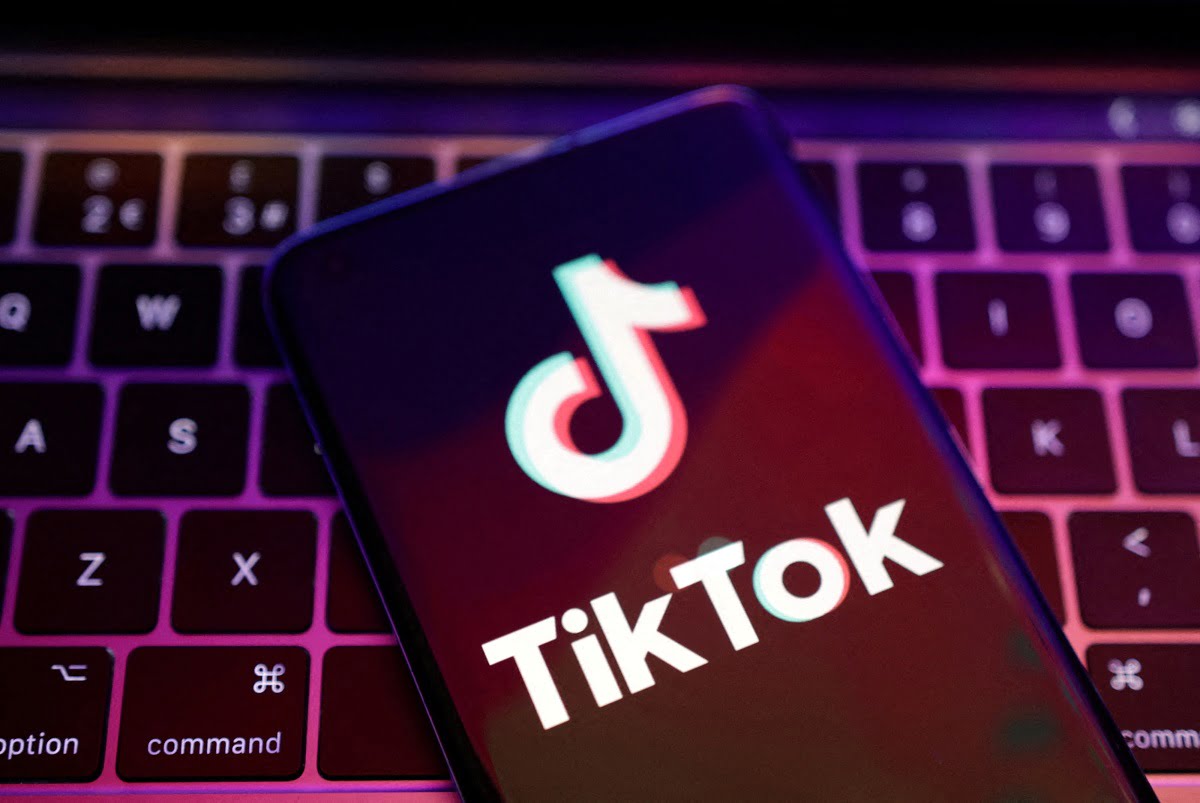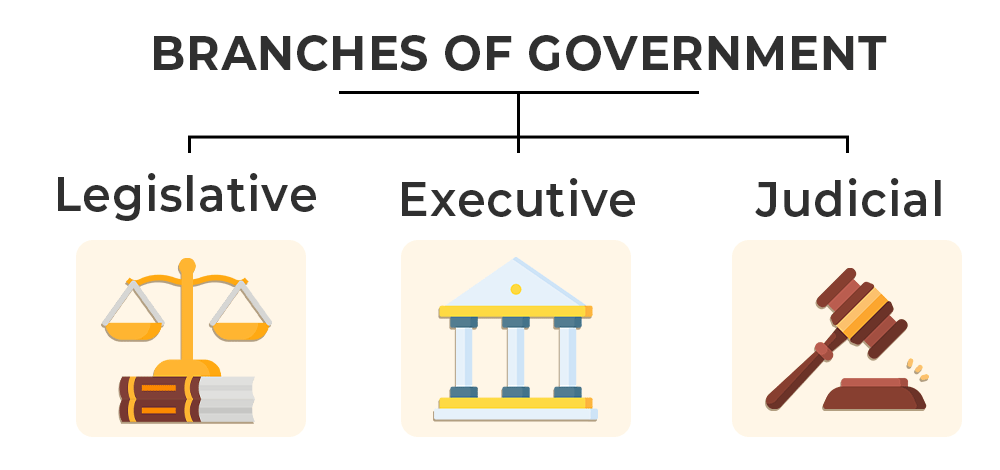By Abdullah Kamran – TikTok Troubles: Why Governments are Worried about Chinese Surveillance
The author is CEO at Abdcorp.co and also works at Fiverr and Upwork.
Governments around the world, including the United States, Canada, and the European Union, have expressed concerns about the security of user data on TikTok. These concerns have been amplified by reports of the Chinese government’s expansive surveillance apparatus, which includes monitoring social media platforms like TikTok.
TikTok has repeatedly denied that it provides access to user data to the Chinese government, and the company has taken steps to distance itself from its Chinese ownership. For example, the company has announced that it will establish a data center in the United States to store user data.
Despite these efforts, governments continue to express concerns about the app’s security. In response, the United States government has taken action to restrict access to the app. In July 2020, then-President Donald Trump threatened to ban TikTok from the United States, citing national security concerns. However, his efforts were stymied by legal challenges, and TikTok remains available in the United States.
More recently, the Biden administration has taken steps to address security concerns related to TikTok. In July 2021, the White House told federal agencies to delete the app from government devices, and the House of Representatives has considered legislation that would allow the president to ban the app from all devices nationwide.
These actions reflect growing concerns about the security of user data on social media platforms, especially those with ties to foreign governments. In addition to TikTok, other social media platforms have faced criticism for their handling of user data, including Facebook and Twitter.
In response to these concerns, tech companies have begun to take steps to increase the security of user data. For example, Facebook has announced plans to encrypt its messaging services, while Twitter has introduced two-factor authentication to protect user accounts.
Overall, the controversy surrounding TikTok reflects broader concerns about the security of user data on social media platforms. As these concerns continue to grow, governments and tech companies will need to work together to find solutions that protect user privacy while still enabling access to these popular platforms.
What is the reason behind governments banning TikTok?
The main factor is related to China.
Many lawmakers and regulators in Western countries have been raising apprehensions about TikTok and ByteDance, its parent company, as they believe that the app might provide access to sensitive user data, such as location information, to the Chinese government. They cite Chinese laws that enable the government to secretly request data from Chinese firms and individuals for intelligence activities. Additionally, there are concerns that China may exploit TikTok’s content recommendations to spread false information.
TikTok has consistently denied these accusations and attempted to separate itself from ByteDance.
Which countries have banned TikTok?
In mid-2020, India prohibited the platform, which was one of ByteDance’s most significant markets. The Indian government took action against 59 Chinese-owned apps, alleging that they were clandestinely transferring users’ data to servers beyond India.
What is the current situation regarding TikTok ban in the United States?
Since November, over two dozen states have banned TikTok on government-issued devices, and several universities, such as the University of Texas at Austin, Auburn University, and Boise State University, have blocked it from their campus Wi-Fi networks. The app has already been banned on U.S. government devices used by the Army, the Marine Corps, the Air Force, and the Coast Guard for three years. However, these bans generally do not apply to personal devices. Furthermore, students frequently switch to cellular data to access the app.
Is there an attempt in the American Congress to ban TikTok?
Some members are pushing for it. This week, the House Foreign Affairs Committee voted in favor of a bill that would give the president the power to ban the platform entirely. (A previous Trump administration effort to do so was stopped by the courts.)
In January, Republican Senator Josh Hawley of Missouri introduced a bill to prohibit TikTok for all Americans. He had earlier advocated for a measure, which was passed in December as part of a spending package, that banned TikTok on all devices issued by the federal government. Additionally, a separate bipartisan bill introduced in December aimed to ban TikTok and similar social media companies from countries such as Russia and Iran.
What is the Biden administration’s stance on this issue?
The administration has been largely silent on the matter. However, in response to questions about TikTok, the White House recently referred to an ongoing review. For several years, TikTok has been holding confidential talks with the administration’s review panel, the Committee on Foreign Investment in the United States, to address concerns about TikTok and ByteDance’s relationship with the Chinese government and the handling of user data. TikTok has stated that it has heard almost nothing since submitting a 90-page proposal in August outlining how it intended to operate in the United States while addressing national security issues.
Is it possible for the government to ban an app?
According to Caitlin Chin, a fellow at the Center for Strategic and International Studies, most TikTok bans have been implemented by governments and universities that have the power to keep the app off their devices or networks. However, a broader government-imposed ban that prevents Americans from using the app may face legal challenges on First Amendment grounds. Since many Americans, including elected officials and major news organizations, now use TikTok to share their views and art, banning the app would impede free speech and expression.
What is TikTok’s response to these bans?
TikTok has criticized lawmakers for attempting to censor Americans and referred to the bans as “political theater.” The company’s spokesperson, Brooke Oberwetter, has stated that the most effective way to address any national security concerns about TikTok is for the Committee on Foreign Investment in the United States (CFIUS) to adopt the proposed agreement that TikTok has been working on with them for nearly two years. Additionally, TikTok has been trying to gain allies by meeting with influential think tanks, public interest groups, and lawmakers in Washington to promote their plan to the government.

















